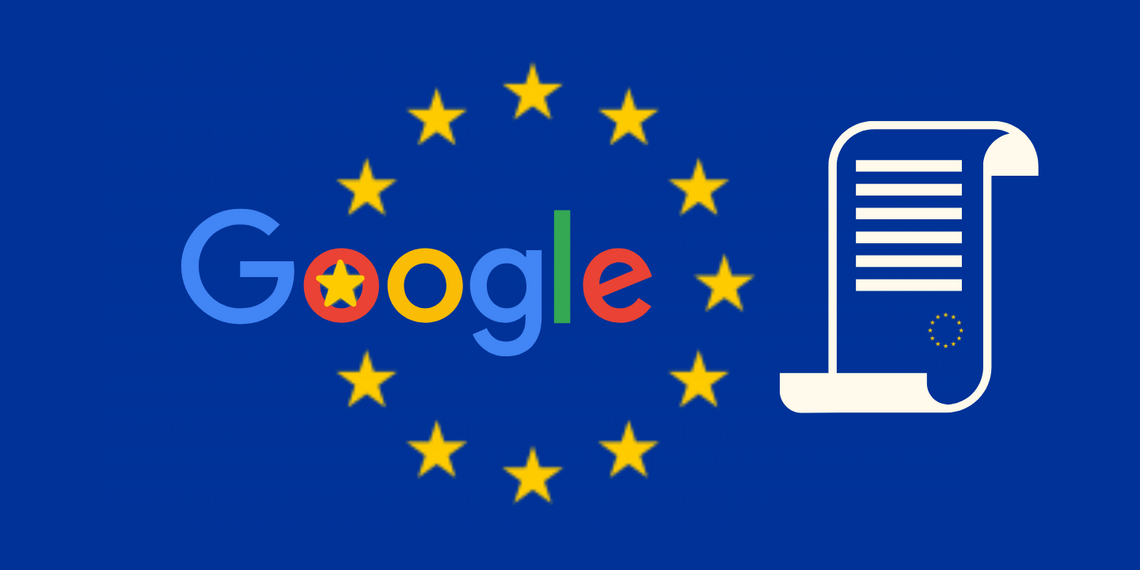Alphabet’s Google is facing a formal antitrust complaint in the European Union, filed by a coalition of independent publishers over its AI Overviews feature. According to a document reviewed by Reuters, the complaint alleges that Google’s AI-generated summaries, which appear at the top of search results, are causing significant harm to publishers by diverting traffic, reducing readership, and cutting into advertising revenue. The group has also requested interim measures from the European Commission to prevent what they describe as potentially irreparable damage to their businesses.
AI Overviews are summaries generated by Google’s artificial intelligence systems that synthesize information from various sources and present it above traditional search result links. Rolled out in over 100 countries, the feature has become a central part of Google’s strategy to integrate AI into its core search engine. Since May, Google has also begun incorporating advertisements into these summaries, further raising concerns among content creators.
The complaint, submitted by the Independent Publishers Alliance on June 30, accuses Google of abusing its dominant position in the online search market. It claims that Google is using publisher content to train its AI models and generate summaries without offering publishers a way to opt out—unless they are willing to forgo appearing in general search results altogether. This, the group argues, puts original content at a disadvantage and undermines the sustainability of independent journalism.
The European Commission has not commented on the complaint, but the UK’s Competition and Markets Authority has confirmed receipt of a similar filing. The complaint is also backed by the Movement for an Open Web, a group that includes digital advertisers and publishers, and Foxglove Legal, a British nonprofit advocating for fairness in the tech industry.
Google, in response, defended its practices, stating that it drives billions of clicks to websites daily and that its AI features help users ask more questions, thereby creating new opportunities for content discovery. A spokesperson for the company also argued that fluctuations in web traffic can result from various factors, including seasonal trends, user interests, and updates to search algorithms, not solely from the introduction of AI Overviews.

However, critics remain unconvinced. Rosa Curling, co-executive director of Foxglove, described the situation as an existential threat to independent journalism. She emphasized the urgency of regulatory intervention, calling on the European Commission and other global regulators to allow publishers to opt out of having their content used in AI training and summaries.
The EU complaint mirrors a similar legal challenge in the United States, where an edtech company has accused Google of undermining original content and reducing site traffic through its AI Overviews. As concerns mount globally, the case could become a pivotal moment in the debate over how AI technologies interact with content ownership, competition, and the future of digital publishing.










